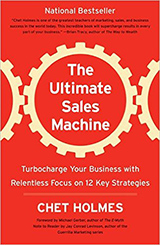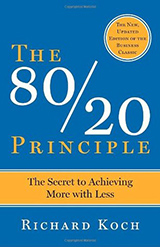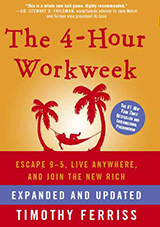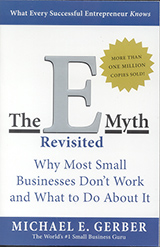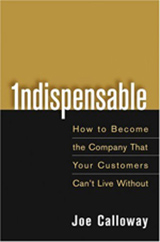My Notes on “SPIN Selling” by Neil Rackham: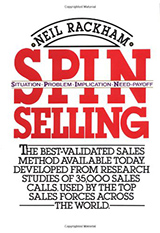
The difference between small and large sales
- Define Small Sale: Is a sale which can normally be completed in a single call and which involves a low dollar value.
- In selling consumer goods product knowledge makes all the difference. But in large sales it can prevent success because the customer won’t see enough value to justify so large a decision.
- Customer hesitation when deciding about a large sales isn’t so much about the product as entering a relationship. You will have to work with the seller over a period of some months rather than just buy the item and walk out the door.
- In small sales the customer can afford to take more risks because the consequences of mistakes are relatively small.

